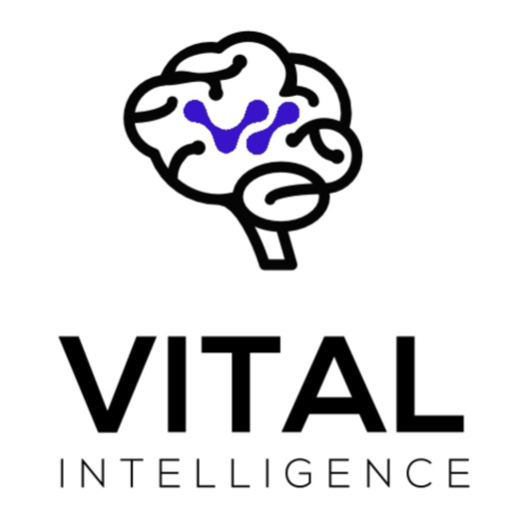Imagine your mind as a bustling city, with thoughts and emotions crisscrossing like busy commuters. Now, imagine a traffic jam in this city – that’s what neurosis can feel like. Neurosis, a term from the world of psychoanalysis, describes a range of mental conditions characterized by high levels of anxiety, depressive symptoms, and emotional distress. It doesn’t involve hallucinations or delusions, and it doesn’t necessarily disrupt social norms. But it can make navigating the city of the mind a lot more challenging.
One of the most intriguing aspects of neurosis is its relationship with belief updating – the process of adjusting our beliefs based on new, reliable information. This cognitive process is crucial for adapting to our environment and making informed decisions. However, in conditions like neurosis and depression, belief updating can become impaired, leading to rigid thinking and maladaptive behavior.
The Neurosis-Belief Updating Connection
Picture this: You’re a scientist, and your beliefs are your hypotheses. When new data comes in, you update your hypotheses. But what if you’re a scientist who doesn’t like positive data? That’s what happens with individuals with high levels of neuroticism. They often struggle to update their beliefs when they encounter positive information, a phenomenon known as “negative bias.” This bias can skew their perception of reality, reinforcing negative beliefs about themselves, the world, and the future, which can contribute to depressive symptoms.
Improving Depression Treatment Outcomes
Now, let’s turn the tables. What if we could use this understanding of belief updating to improve depression treatment outcomes? Cognitive-behavioral therapy (CBT), a form of psychotherapy, aims to do just that. It works by identifying negative beliefs, challenging them, and fostering more adaptive ways of thinking.
But what if we could go a step further? Emerging research suggests that we can enhance interventions by incorporating techniques specifically designed to improve belief updating. For example, cognitive bias modification (CBM) is a computerized intervention that aims to directly modify cognitive biases. In the context of depression, CBM could help individuals focus more on positive information and update their beliefs accordingly.
Moreover, certain medications, like selective serotonin reuptake inhibitors (SSRIs), commonly used to treat depression, may also enhance belief updating in response to positive information.
Conclusion
In the bustling city of the mind, neurosis can cause traffic jams, and an inability to update beliefs can make navigation difficult. However, by understanding these processes, we can develop interventions like CBT and CBM, and use medications like SSRIs, to clear the way and improve depression treatment outcomes. But remember, this is a rapidly evolving field, and more research is needed to fully understand the role of belief updating in neurosis and depression and to develop effective interventions.
